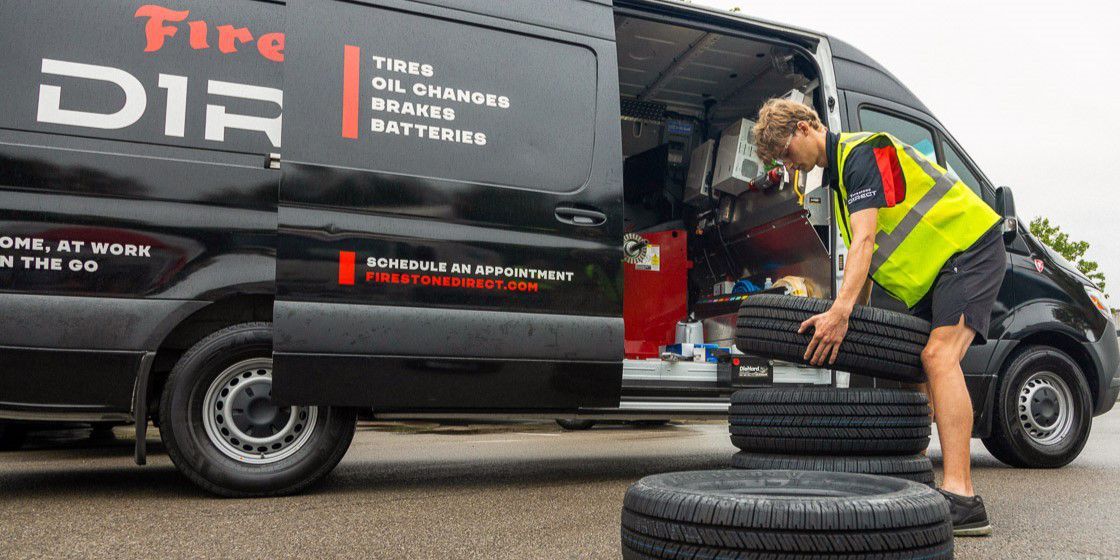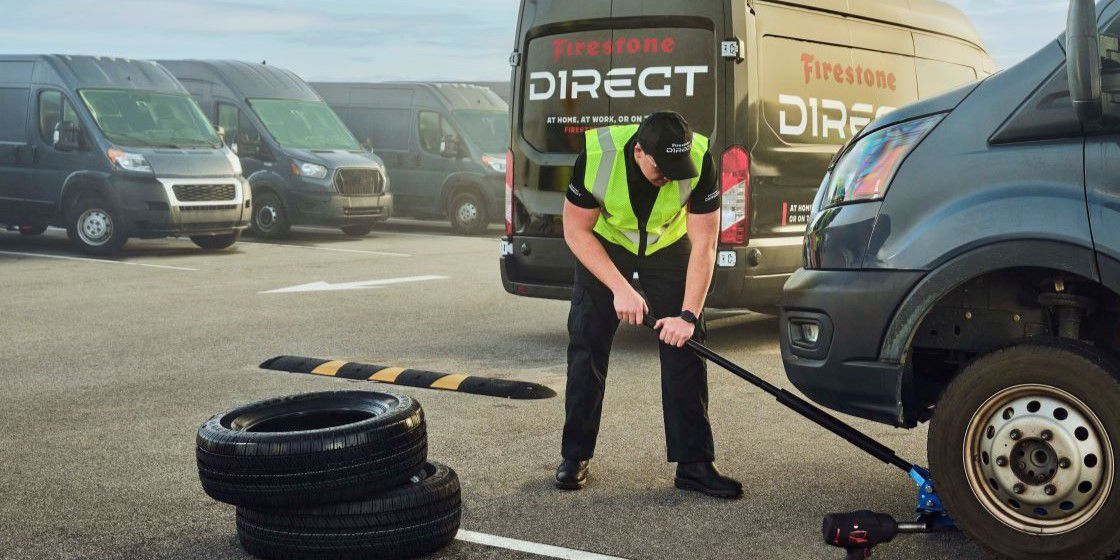2. Brake Issues
During their annual inspection and enforcement initiative for Brake Safety Week 2023, the Commercial Vehicle Safety Alliance (CVSA) inspected over 18,000 vehicles and found that 12% were in violation of brake safety standards. Since fleet vehicles generally carry more weight and accumulate more miles on average, the brakes are under even more pressure on a regular basis, which can lead to problems such as:
Worn brake lines
In vehicles with a hydraulic brake system, brake fluid helps transfer pressure from the brake pedal to the brakes. That fluid moves through the brake lines. If the brake lines are faulty or corroded, brake fluid can leak, making it harder for the brakes to function properly.
ABS malfunctions
An Anti-lock Brake System (ABS) is designed to prevent the wheels from locking up when the brakes are activated. If the ABS isn’t working properly, the driver may experience slipping and lose control of the vehicle.
Worn brake discs and pads
When the brakes are pressed, the pads squeeze the rotor to stop the vehicle. The braking assembly in any vehicle wears out with time and use, but constant hard braking can cause the pads and rotors to wear out sooner. Driving with a worn-out brake assembly can mean longer stopping distances and increased accident risk.
It’s beneficial to educate your drivers on how to maximize brake life and make sure they are aware of the signs of malfunctioning brakes, such as grinding, squeaking and squealing sounds, a spongy brake pedal, and a shaking steering wheel. An illuminated ABS or brake warning light on the dashboard is also an indication that the vehicle needs a brake service.
In general, brakes should be checked every 6 months or less if the vehicle is racking up a lot of mileage. For brake inspections and brake and pad and rotor replacement, Firestone Direct can make it simple by coming to your fleet lot and checking all your vehicles at once.


